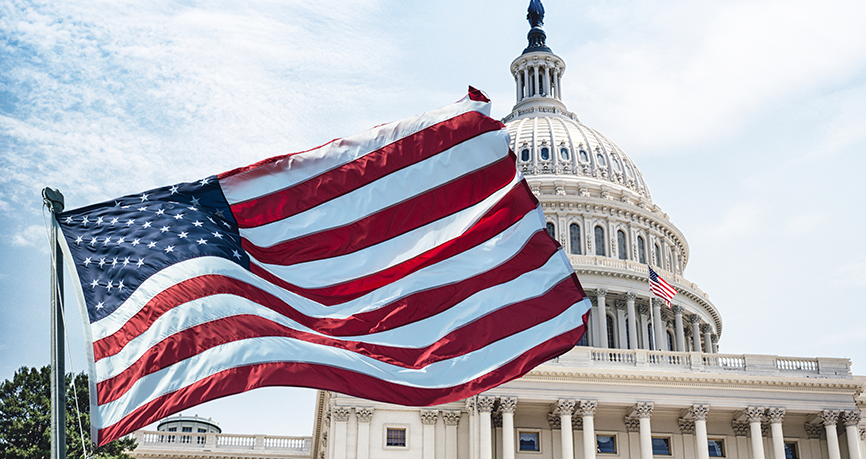How FX market reacted to Tuesday’s US election debate
( 3 min )
- Go back to blog home
- Latest
Tuesday’s US election debate yielded a relatively mundane reaction in currency markets.
Following the debate, we are increasingly of the view that the market is not necessarily overly concerned about who wins November’s election, but whether or not the outcome will be contested. There was no real relief for markets on that front last night, with President Trump again suggesting that the Supreme Court could be involved in deciding the victor. This, we believe, is the biggest uncertainty going into the election. A contested result that drags out the process long after election night will be a worry for markets, and could lead to renewed appetite for the safe-havens, including the dollar. We therefore see a bit of room for a short-term move higher in the greenback leading up to the election.

Euro rallies as German retail sales jump in August
Ahead of last night’s debate, the euro rose against the dollar and was one of the best performing majors. Despite rising virus cases numbers, the latest consumer confidence index for September actually rose on August, while the monthly economic sentiment index beat expectations, coming in at 91.1 this month versus a downwardly revised 87.5 from a month previous. Meanwhile, this morning’s German retail sales numbers also rose more than expected. Sales jumped by 3.1% month-on-month in August, only the second time it has printed in positive territory since the start of the pandemic. So far there has been no real signs of an uptick in virus cases in Europe’s largest economy, so we think it may be set to outperform its peers in the coming weeks.
Markets have been bracing for a downturn in upcoming European economic data as authorities tighten the virus restrictions amid a second wave of infection. Should data in the next few weeks fail to show such a downtrend, then there could be scope for some gains in the common currency, in our view.
Positive Brexit headlines raise hopes of last-minute deal
As we mentioned during our morning report yesterday, this week is an important one for the UK, with Britain and the EU locked in another crucial round of Brexit discussions. Investors appear cautiously optimistic that an agreement can be reached that avoids a ‘no deal’ scenario, particularly after some slightly more upbeat headlines out of discussions. According to the Times newspaper, EU negotiators are apparently willing to work on a joint legal text of trade agreement with the UK. We remain of the view that a ‘bare bones’ deal will be reached, which would be positive for sterling, in our view.
Aside from Brexit, attention in the UK remains partly on the Bank of England’s view towards negative interest rates. Governor Bailey again failed to rule out the use of sub-zero rates yesterday. The mixed messages markets are getting out of the MPC will keep investors guessing in the next few weeks, which undoubtedly presents a bit of a downside risk to the UK currency.

